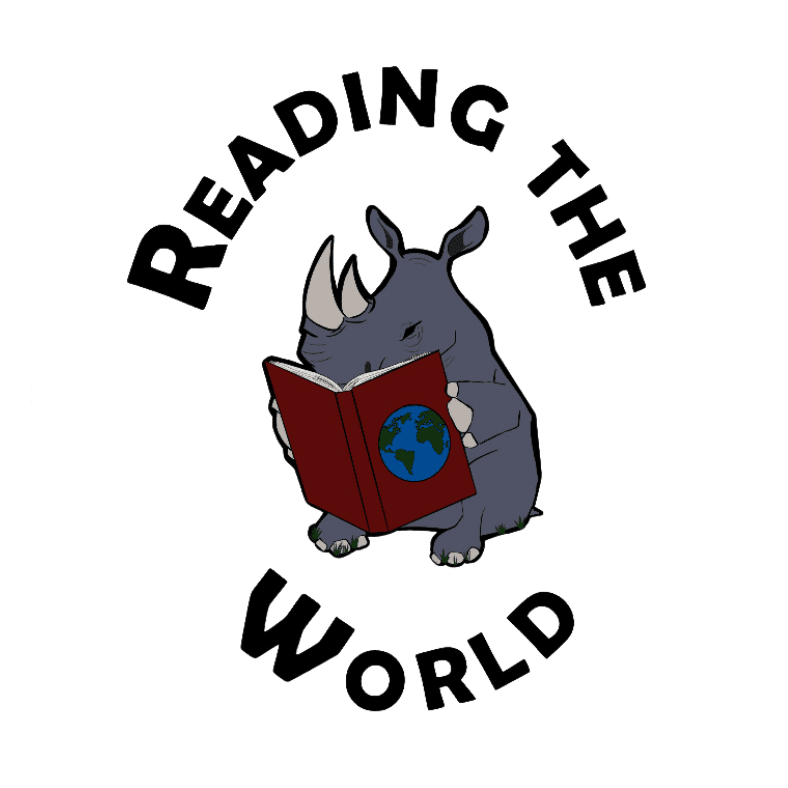Mission and Vision

Reading the World Mission and Vision
Mission
Reading the World provides education services to children with limited or no access to schooling. Through teacher training, curriculum development, and material support, we bring basic educational support to school deserts around the globe.
Our aim is to empower local community members with sustainable and self-perpetuating capacity for delivering foundational literacy and numeracy instruction. Students gain the necessary skills and knowledge for short-term contribution to the community and workforce and long-term participation in the global economy.
Drawing on local education values and in concert with government education ministries, we tailor collaborative and unique responses to meet local needs that simultaneously meet national and international educational goals.
Vision
Education is a moral imperative.
All children have the right to literacy and numeracy, which are vital to full participation in their local communities and global economies. And yet there are still 773 million illiterate adults in the world today, according to the UNESCO Institute for Statistics.
Literacy is liberation.
Access to education should not be determined by birthplace, wealth, or gender. Most illiterate adults live in nations with limited social resources, are poor, and are women. Building capacity for nations and their local communities to develop and evolve sustainable education systems grounded in foundational literacy empowers citizens with self-determination and sovereignty. Literate people can work. Literate people can solve problems. Literate people can collaborate on challenges facing their villages, their nations, their continents, and our world. Literate people make a difference.
The world is reading.
By bringing sustainable educational services to regions where access to schooling is a challenge, Reading the World cultivates the greatest natural resource of any community, its children. An educated population propels its nation to the front of global leadership, economy, and stability.
